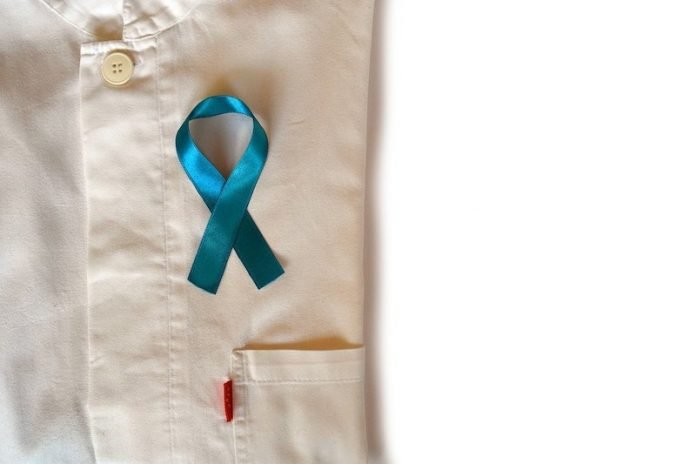
During the ongoing COVID-19 pandemic, most people aren’t hesitating to call their physicians at the first sign of a fever, cough and shortness of breath.
But discoveries of a small lump in a breast, blood in stool or an odd-looking mole are not creating the same sense of urgency for medical help, Cedars-Sinai Cancer experts say.
Some patients don’t want to “bother” care providers, who they believe are taking care of COVID-19 patients, physicians say.
Others fear they could get the novel coronavirus in a doctor’s office. Those mindsets are raising red flags among cancer physicians.
“We’re seeing a concerning trend that some cancer diagnoses are being delayed because of perceived disruptions of care due to COVID-19,” said Dan Theodorescu, MD, PhD, director of Cedars-Sinai Cancer.
“I strongly encourage anyone who suspects they might have cancer to get in touch with their physicians, as the use of telemedicine or other available physical-distancing tools will allow them to get medical help immediately.
We have systems in place to ensure that every patient is safely taken care of during this challenging time.”
Skin cancer symptoms can include a skin growth that changes in size, color or shape, with irregular ragged edges. Also watch for sores that don’t heal or wartlike growths that might bleed or crust over.
“The skin is the body’s largest organ, but even under normal circumstances it’s often overlooked,” said Omid Hamid, MD, director of the Melanoma Program at The Angeles Clinic and Research Institute at Cedars-Sinai.
“Any change in a preexisting skin condition, anything new at all – an ulcerated growth, bleeding, itching, or inflamed lymph nodes near a skin lesion – should be discussed with your doctor. Initial visits can be done via telemedicine. Don’t wait.”
Lung cancer symptoms can include a cough or shortness of breath that doesn’t go away or gets worse, rib or shoulder pain, unexplained weight loss or coughing up blood.
“Some lung cancer symptoms are similar to non-cancer conditions, so it’s tempting to write them off,” said lung cancer specialist Karen L. Reckamp, MD, director of the Division of Medical Oncology at Cedars-Sinai.
“To confirm your condition, or if you even have a question about cancer, check in with your physician.
Early detection of cancer is vital to your treatment course and health outcome. Diagnostic procedures and treatments can be done safely at this time.”
Prostate cancer can cause a need to urinate often, a weak urine flow, pain or burning while urinating and erectile dysfunction.
“I recently used telemedicine and video conferences to consult with a newly diagnosed patient with non-aggressive prostate cancer,” said Stephen J. Freedland, MD, director of the Center for Integrated Research in Cancer & Lifestyle at Cedars-Sinai.
“We discussed his options and decided we could just watch and wait. Now we have peace of mind.”
Breast Cancer often shows up as a lump in a breast or underarm area. Other symptoms may include nipple discharge that is yellow or bloody and an itchy rash on the nipple.
“Breast cancer affects 1 in 7 or eight women, so it’s important to seek advice if you’re worried,” said Heather L. McArthur, MD, breast medical oncologist at Cedars-Sinai.
“If you have breast cancer, we typically are able to adjust your treatment strategy to minimize the risk of immune suppression without compromising effectiveness.
Collaborating with surgeons, we also are able in some cases to safely postpone surgeries by giving drug treatment upfront. In short, we are able to give patients safe and effective treatment options during this difficult time.”
Colon Cancer signs include blood in the stool, changes in bowel habits that last more than a few days, ongoing gas pains, bloating and constant fatigue.
“No matter your condition, we’ll never compromise on your care,” said Jonathan M. Weiner, MD, a Cedars-Sinai general internal medicine specialist.
“We will take care of you now if you need it, and if a test or procedure can safely wait, we’ll schedule it for a later time.”



